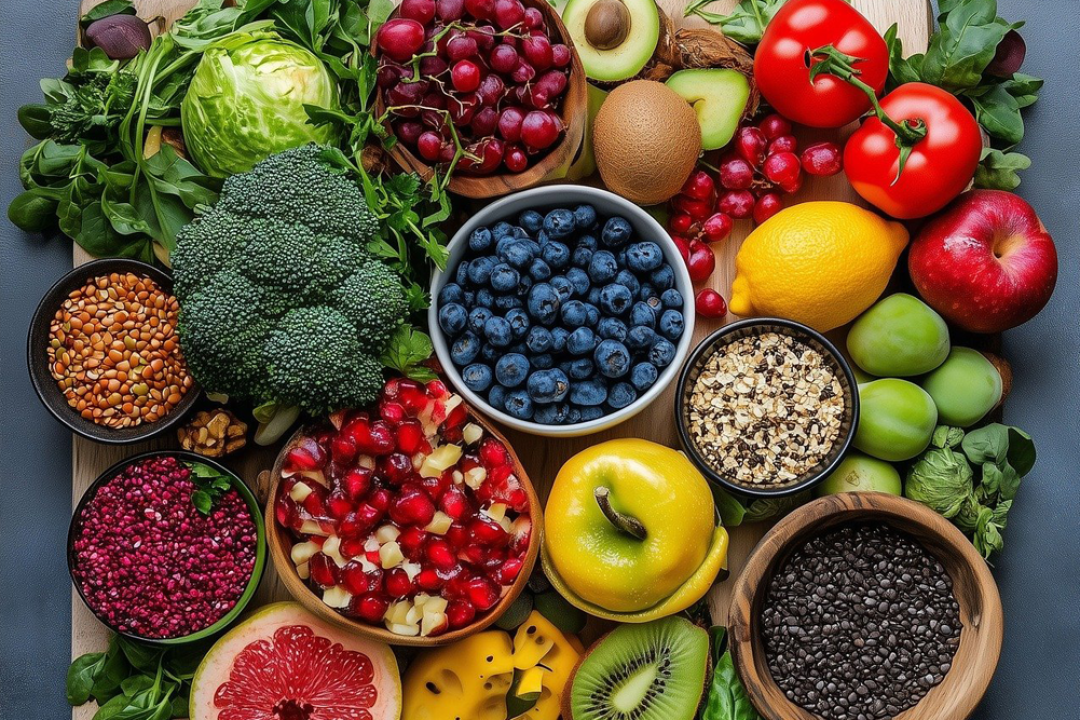Plant-Based Diets: Key Considerations for Health and Nutrition
Plant-based diets, often referred to as vegan diets, involve stricter eating principles than vegetarianism. Vegans not only avoid animal flesh but also exclude dairy, eggs, and any other ingredients derived from animals. However, the question of whether plant-based diets are inherently healthy remains a topic of debate. While some individuals thrive on such diets, others experience challenges, often influenced by their gut health and genetics.
The Connection Between Plant-Based Diets and Gut Microbiome
The gut microbiome, a collection of microorganisms in your colon, plays a vital role in nutrient synthesis, toxin neutralization, and overall gut health. These microbial communities evolve based on your diet, age, and environment and are even influenced by early life factors like birth type.
Trauma to the microbiome—caused by antibiotics, illnesses, or chemotherapy—can disrupt this delicate balance, leading to permanent changes. Vegans, for instance, often develop distinct gut microbiomes that impact how they process certain foods and nutrients. Specific bacteria are required to synthesize vitamin K2, crucial for bone health, cardiovascular health, and more. Since animal foods are primary sources of K2, vegans must rely on gut bacteria for its production. However, a lack of these bacteria, combined with the removal of animal-based foods, may result in K2 deficiencies, affecting health outcomes.
Amylase Levels and Starch Tolerance in Vegans
Amylase, an enzyme in saliva, breaks down starch into simple sugars. Its levels vary widely among individuals and influence how efficiently one metabolizes starchy foods. Those with low amylase production may struggle with blood sugar regulation and satiety when consuming carbohydrate-rich diets, such as those focused on grains and legumes common in plant-based eating. Sudden increases in starch intake can exacerbate these issues, potentially leading to weight gain and poor blood sugar balance.
Vitamin A Conversion Challenges in Plant-Based Diets
Vitamin A is essential for maintaining health, but plant-based diets only provide precursors like beta carotene, which must be converted into active vitamin A in the body. Genetic mutations, poor gut health, or deficiencies in nutrients like zinc can impair this conversion, making it harder for some individuals to meet their vitamin A needs solely from plant foods.
Choline Deficiency Risks on a Plant-Based Diet
Choline, a critical nutrient for brain health, metabolism, and liver function, is often lacking in plant-based diets. While the body can produce some choline, genetic factors and individual needs can make dietary choline essential, especially for pregnant women, postmenopausal individuals, and those with genetic mutations. Insufficient choline can lead to cognitive issues, heart disease, and fatty liver. Animal products are rich sources of choline, but plant-based options often fall short for those with higher requirements.
Making Informed Dietary Decisions
Considering these factors, it’s essential to consult a nutritionist or naturopath before committing to a plant-based diet. They can help assess your unique dietary needs and guide you in making the best choices for your health.











